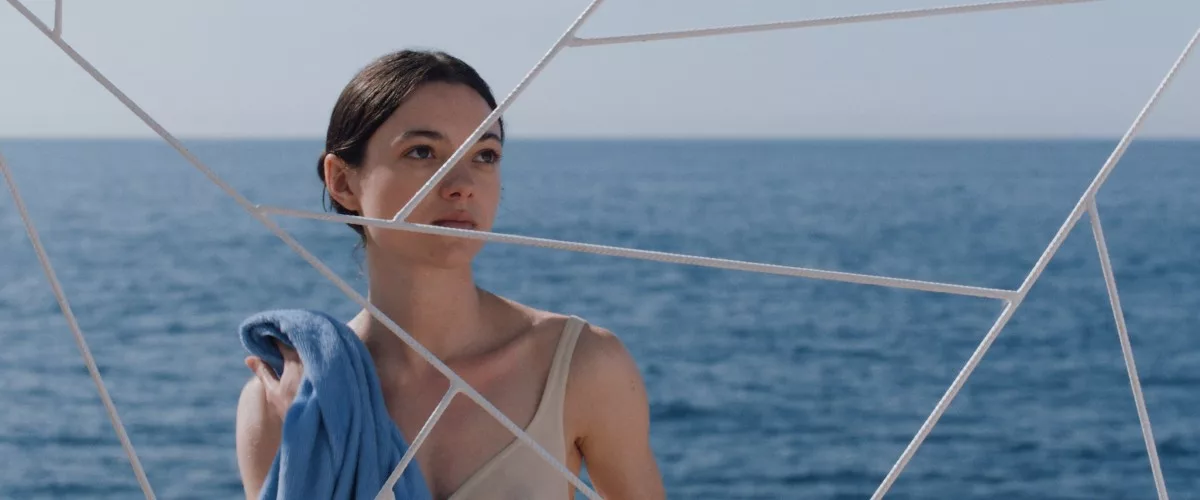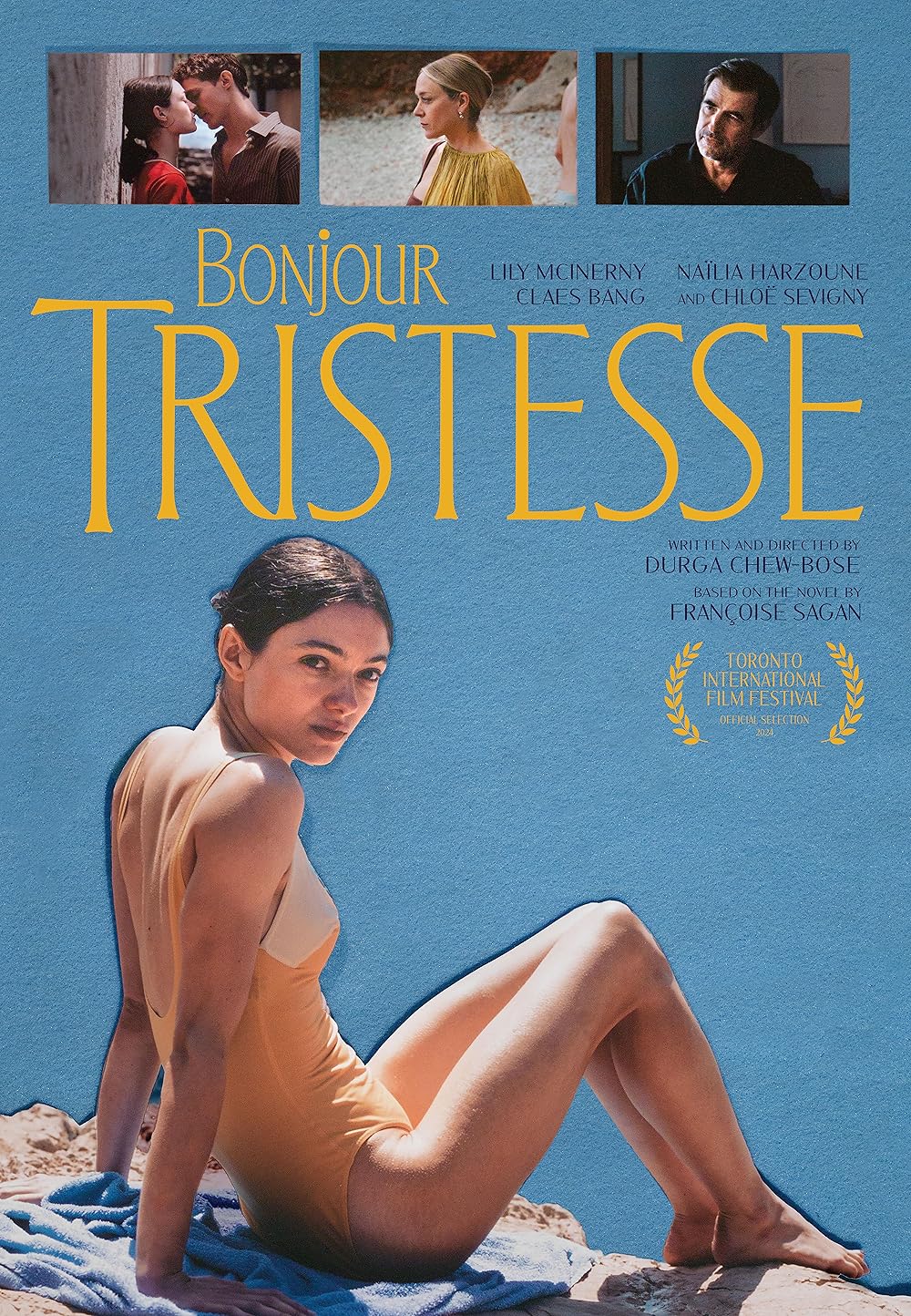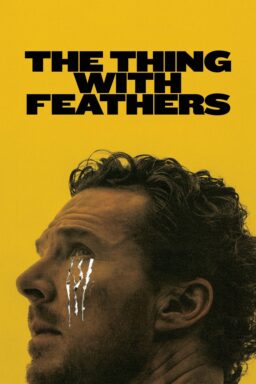“Bonjour Tristesse” works best as a sustained mood, as an evocation of long summer days that might not actually exist outside Eric Rohmer films and fashion magazine photo shoots.
The studied ennui by the sea is oh-so French: That’s the setting of writer-director Durga Chew-Bose’s feature debut. “Bonjour Tristesse” is the Canadian filmmaker’s take on Françoise Sagan’s 1954 coming-of-age novel, which Otto Preminger already adapted memorably with his 1958 drama starring David Niven, Deborah Kerr, and a pre-“Breathless” Jean Seberg.
The bones of the story remain the same, but the tone is different from the start. Whereas Preminger’s “Bonjour Tristesse” created an early feeling of tension with its ominous flashback structure, Chew-Bose allows us to luxuriate in the sun-dappled splendor of a summer afternoon in the south of France. That’s where 18-year-old Cécile (Lily McInerny) is on holiday with her widower father, Raymond (a charmingly roguish Claes Bang), and his latest, much-younger girlfriend, Elsa (Naïlia Harzoune). Cécile has a playmate of her own for the season, the handsome Cyril (Aliocha Schneider), with whom we see her kissing and lazing about on a sailboat.
While Seberg brought a pleasingly pixyish impertinence to the role, McInerny feels more like a modern teen in the midst of discovery: equal parts selfish and self-conscious, she’s a little bored and a little obsessed. The relationship between Cécile and her father is very different here from the original film, as it lacks the skeevy, too-familiar edge that defined the closeness between Seberg and Niven’s characters. But that shift to normalcy also drains the film of some of its unsettling undercurrent.
Working with cinematographer Maximilian Pittner, Chew-Bose puts us in the middle of their shimmering seaside escapades: the deep blue of the water, the gentle glow of the late-afternoon sunlight. You can practically feel the warmth of the limestone and the gentle breeze through the trees. Playing solitaire, listening to records, dozing while reading in a lounge chair on the patio: there’s a timeless quality to these pastimes, and only the occasional appearance of an iPhone indicates that this version of the story takes place today. Chew-Bose often places her characters on one side of the frame or the other, heightening their sense of quiet solitude.
But “Bonjour Tristesse” might actually be too languid; the arrival of Anne, Cécile’s mother’s best friend, is supposed to shake everything up, but it’s presented with such understatement that the vibe essentially remains the same. Chloë Sevigny is weirdly dour in the role of a Paris fashion designer who also has some sort of history with Raymond. Anne is très chic, of course, as is the woman playing her. But there’s little spark between her and Raymond, or her and Céline, and that friction is meant to be the impetus for the movie’s jealousy-fueled manipulations. Despite being the biggest star here, Sevigny seems miscast and mainly drags down the already low-key energy.
“Bonjour Tristesse” remains listless, just when it should be turning more tense. The shift in Cécile’s mental state, which will lead to the film’s climactic disaster, seems to come out of nowhere and feels unearned. And yet, some intriguingly prickly moments pop up here and there, particularly in the way the three women in the house regard each other. There’s a candor and even a vulnerability to their exchanges, especially between Cécile and Anne, that hint at the potential for something more substantial.
The film is always gorgeous to look at though, as the daily doings at this French Riviera villa are rich with an impeccable style. The retro-inspired clothes, cars and interiors suggest a classic cool; the costume design from Miyako Bellizzi is especially crucial in transporting us to this luxurious world. It’s a nice place to visit, but you wouldn’t want to live there. (Oh, who are we kidding, of course you would.)




















